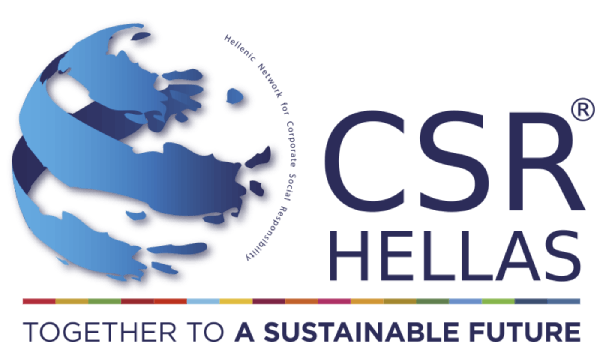INTRODUCTION
There is growing international recognition of Education for Sustainable Development (ESD) as an integral element of quality education and a key enabler for sustainable development.
Through the Sustainable Development Goals, from 2015, the issue of Quality Education is recognised as an independent 4th Goal. More specifically, Target 4.7 indicates that “By 2030, ensure that all learners acquire the knowledge and skills needed to promote sustainable development, including, among others, through education for sustainable development and sustainable lifestyles, human rights, gender equality, promotion of a culture of peace and non-violence, global citizenship and appreciation of cultural diversity and of culture’s contribution to sustainable development”. Education can bring about a fundamental shift in how we think, act, and discharge our responsibilities toward one another and the planet.
In order to act towards that shift it became widely recognizable that professionals in all traditional business functions are needed to incorporate and manage corporate responsibility and sustainability related issues. In order to do so they need to have certain knowledge and tools, as well as access to relevant networks to perform their jobs effectively and efficiently.
DESCRIPTION OF THE CHALLENGE
In the past, environmental, social and governance (ESG) issues such as employee health, safety & wellbeing and labor practices, represented a moderate risk in the materiality assessment of most companies. However, with the COVID-19 outbreak, these issues have become progressively more important as companies rushed to adopt measures to protect their people and ensure business continuity.
In order businesses survive these unprecedented challenges is needed to incorporate responsibility in their everyday business both horizontally and vertically within their organisation. The process for making that happen urge for training programs that will envision as a journey that will cover all major identified areas that relate to the responsible management of sustainability.
CONTENT OF THE SESSION
CSR HELLAS will present its newly formed initiative launched in 2019 and implemented onwards for 2nd conductive year during 2020 through an innovative learning approach under the name CSR School. The CSR School aims to provide advanced training regarding the identification of sustainability-related business opportunities and the inclusion of responsibility in the core of one’s business strategy, in order to achieve sustainable value and formulate a more resilient organization.
Distinguished professors from business schools will refer to the need to “bulldoze them” as not only businesses need to change but educational providers as well towards the integration of sustainability in the strategic thinking and widely in all business functions.
Participants of the Higher Education Sustainability Initiative and other rating initiatives will share their experience and thoughts aiming at galvanizing commitments within their institutions to teach and encourage research on sustainable development, greening campuses and support local sustainability efforts.
Business leaders will share their experiences from investing in training and education of their peers both internally towards their staff, but also externally to their suppliers, customers and local communities.
WHY ATTENDEES SHOULD PARTICIPATE
The Evolution of Education for Sustainable Development (ESD) is becoming increasingly important for business development and the incorporation of sustainability cross-functionally. To that end, participants will:
- Identify Quality Education as a dynamic ESG issues relevant across-industry that need to be prioritized by companies in their materiality assessment.
- Integrate Quality Education in order to meet employees’ concerns related to sustainability integration and incorporate targeted approaches into business operations, corporate communication and within the wider relations to stakeholders on a voluntary basis.
- Learn about initiatives, frameworks and tools related to sustainability learning that can be assistive in the process of incorporating sustainability and SDGs within the company context in a responsible manner essentially nowadays for maintaining economic success.
- Understand how learning programmes that have already been created and implemented by businesses, business networks and academia could be synergetic and complementary.
